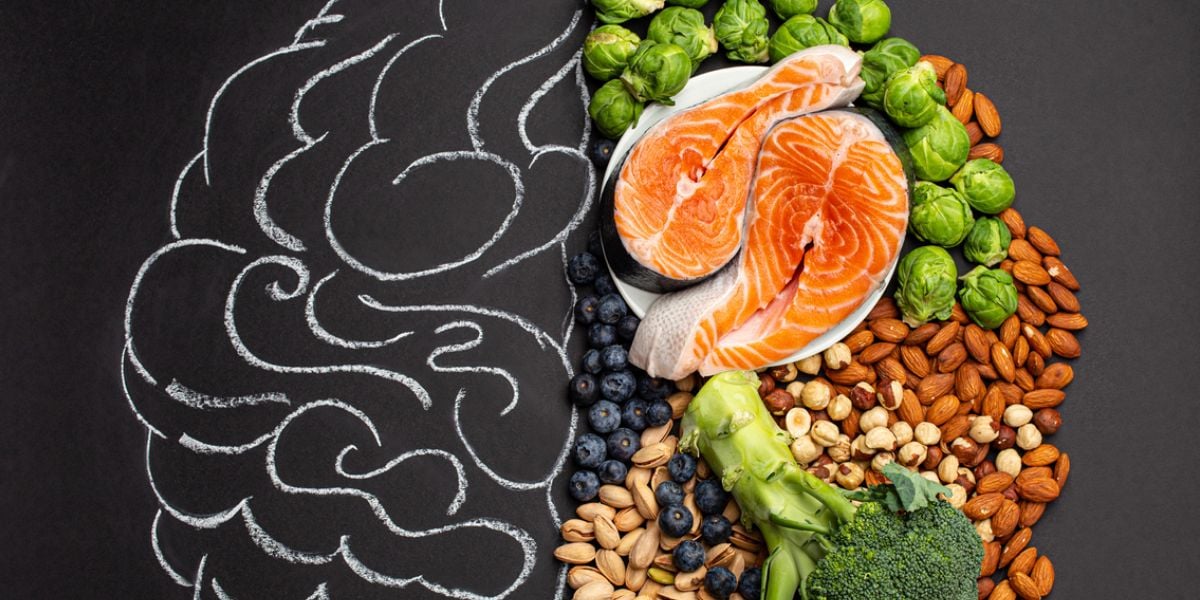The exchange system allows the diabetic patient to quickly and accurately decide how much energy, protein, fat and carbohydrates a meal will typically contain and whether it is suitable for their requirements.
Although the diabetes exchange is a useful and clearly defined system, questions remain as to its exact effect on diabetes and diet.
This section aims to dispel some of the myths surrounding the diabetic exchange system.
Some diabetes patients who are wondering about the exchange system may find the following questions useful.
What are ‘free foods’ and why can’t I eat lots of them?
‘Free foods’ typically contain fewer than 20 calories and 6g of carbohydrates in every serving.
When eaten in moderatio, they do not influence the diabetic exchange.
However, moderation is still extremely important, as these foods do not contain zero calories.
Some ‘free foods’ such as vegetables become more concentrated when cooked, and should be eaten in smaller portions than when raw.
I’m confused over levels when exchanging portions, how do I work out what is what?
You need a basic diabetes exchange book, or see our Diabetic Exchange
If you need further advice it is better to consult a dietician who can help to tailor your diet for you.
I’m pretty sure I’m suffering from protein deficiency, what should I eat?
Egg protein is rich in essential amino acids which will counteract conditions such as elevated creatinine clearance. If you are a vegan or vegetarian who does not eat eggs, soybeans also offer complete proteins.
A dietician could also help to design a diet that considers both your diabetes and your protein issue, and your diabetes healthcare team should be able to clear up your confusion over protein
I don’t know how many calories I should be eating per day, what is normal for a type 2 patient without insulin?
This depends on a variety of factors, and should be decided by a registered dietician. A meal plan should be decided that encompasses all your health needs and also considers what you like and dislike eating.
Furthermore, the amount of calories you eat will be balanced with your weight and activity levels.
I am recently diagnosed with type 2. I guess you could consider my condition ‘mild’ by diabetic standards, and I do not have to use insulin. I love ice-cream and other sweet things but I’m not sure about sugar substitutes?
Fruit is a great source of sweetness, but make sure that you always use a non-dairy creamer and skimmed milk.
Also, some artificial low-calories sweeteners will prevent ice cream from freezing.
When it comes to sweet foods it is important to seek advice before plunging in.
Remember, as a diabetic it is theoretically possible for you to eat anything a normal person can, but it is essential that you know how to moderate foods and what each food will do to your body and your diabetes.
Consult with a registered dietician if you are confused.
Although I am diabetic, I still like to drink alcohol. When it comes to liquor and spirits, how will these affect my condition?
The following small table should give you an idea about diabetic exchanges and alcohol
Remember that the body processes alcohol in a similar way to fat, so it is worth seeing a doctor for a recommendation.
- 1 ½ ounce of distilled alcohol – 2 Fat
- 12 ounces beer – 1 Starch, 2 Fat
- 5 ounces wine – 2 Fat
If and when you drink alcohol, make certain that it is incorporated into a meal or snack. Alcohol may increase the risk of an insulin reaction. Alcohol may also react with diabetes medication, and the symptoms of diabetes may be confused with drunkenness. Unfortunately for diabetics, alcohol is hazardous.
I love cheese, what am I allowed as a diabetic?
Hard cheeses such as Cheddar and Emmental may be exchanged for meat. One ounce of high-fat cheese should equal 1 Meat and ½ Fat.
Some cheeses have lower fat content, and for these it may be possible to omit the ½ fat. Some cheeses such as cottage cheese are even lower, and may be exchanged for 1 lean meat.
Remember that eating cheese can complicate high blood pressure, a common complication of diabetes.
I have too much to worry about as it is. Losing weight is obviously important, as is having strict control of my levels, but do I really need all this exchange stuff? Can’t I just eat healthier without sugar or sweet things?
The diabetic exchange diet has been specifically made in order for the diabetic patient to be able to control his or her blood sugar levels.
Cutting out sweets and sugars is not enough to control blood sugar levels. Strict control of diet is so essential for diabetic patients, and an accurate regimen involves far more than simply leaving out sugar.
It is certainly worth you seeing a registered dietician for more information and an explanation of the diabetic exchange system
I love eating out, but hate taking food scales around with me. Is there a solution?
The only real solution is to become fluent with the diabetic exchange system and accurate enough so you can estimate how much of each meal to eat.
Some restaurants may have knowledge of diabetes requirements, and it may be worth speaking to the waiter or chef: a good restaurant will understand the importance of diet.
Speaking to the staff beforehand may also ensure that you get the right sized portion.
However, estimating portions can be hazardous, and you should know exactly what has gone into the preparation of the food before eating. Some dieticians advise estimating using the back of your hand.
Will companies provide diabetic exchange lists for their products?
Whilst there is unfortunately no centralised system for companies to provide diabetic exchanges, many companies will be happy to provide you with a diabetes exchange list for their products.





